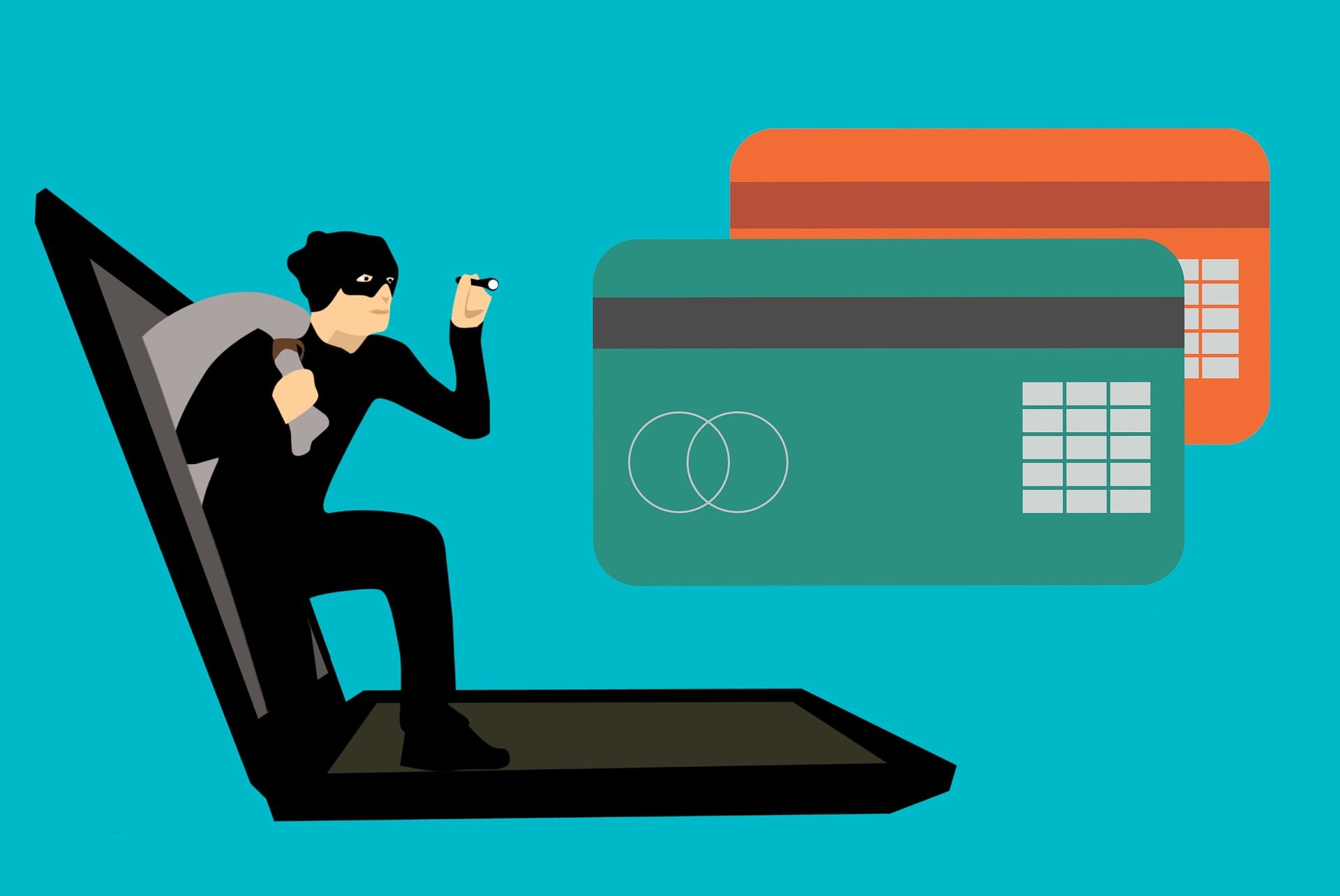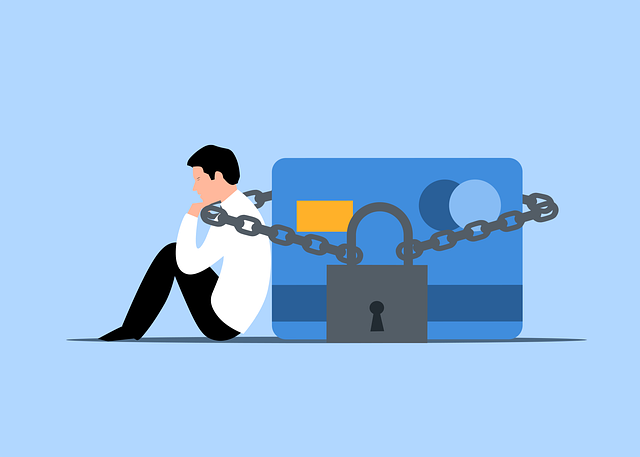What information to give and not by phone about your credit card?
Personal information is very valuable and you must protect it. When you give your data to another person, you open the door to a series of future problems such as fraud or identity theft, among others.
To prevent this from happening, it is important to always keep in mind which data you can share and which you should never give to another person, whether that’s in person, online on a computer or on your phone (you can click here to learn more about phone security measures you should be taking to ensure you stay safe).
Whether you have an active credit card or not, phone calls from the bank are common. These are given for different reasons
1. By the bank
In this case, your information is already registered and it is not necessary that you give any information to the person who calls you. In some cases, you will be asked to confirm some details as confirmation, this must be with your consent, and if you do not agree you have the right not to mention any.
Offer products or services. These are the most common calls. If you have made good use of your credit card, the bank will offer you new products such as other cards, promotions, or insurance. In this case, you do not need to give any information unless you agree to acquire what they offer you. If you are not interested, it will be enough for you to notify the bank representative. If it is a fraud call, they will also ask you to provide your credit or debit cards’ CVV Code which you no need to provide
Account problems. In case of a delay in your payments, the bank will contact you through its collection department. In this case, the telephone representative already has your data and their function is to reach an agreement on your payments, so it is not necessary to ask for any information.
2. By the customer
If you have any questions or problems with your credit card, you will be the one to get in touch. In this case, they will ask you for information to validate that the person calling the bank is the account holder.
For security reasons, you will be asked some questions but you should not answer any information. To know what you should answer and whatnot, check the following lists:
Personal information: One of the main targets of fraudsters is personal information. The information that is best to avoid in a telephone call, with the exception of the cases mentioned above, are name and address.
Financial information: When the bank asks you for information, it is only to confirm but there are some that will never ask you. The financial data that you should not share are bank account numbers, credit card numbers, access codes, PIN, and CVC Code (the numbers that appear behind your card next to the signature).



